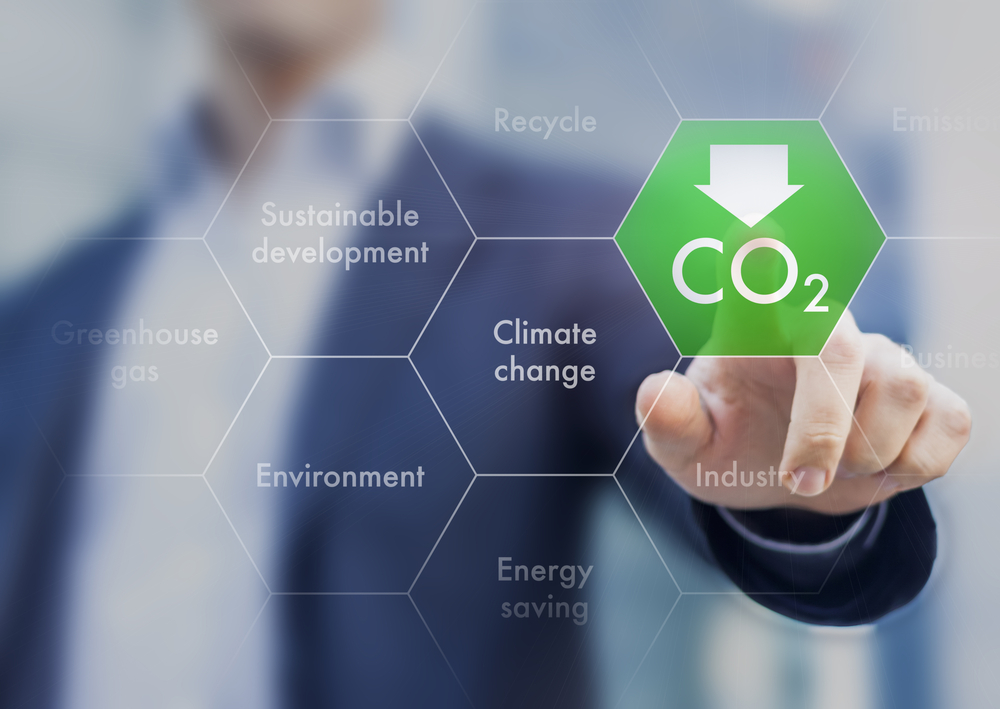
Splitting carbon dioxide may have just gotten a lot cheaper
One source of clean energy that shows immense promise is splitting carbon dioxide into carbon monoxide, then mixing that with hydrogen to create hydrocarbon fuels.
However, until now there has not been a cost-effective way to split carbon dioxide.
Scientists from the Ecole Polytechnique Fédérale de Lausanne have developed a new technique that could make it a lot more affordable to split the greenhouse gas into carbon monoxide and oxygen.
The scientists have created a new catalyst that deposits tin oxide on copper oxide nanowires – both abundant elements on Earth and easily obtainable.
By using these abundant materials, the scientists say they can cut the costs associated with splitting carbon dioxide. They’ve also been able to make the process more efficient, they said.
“This is the first time that such a bi-functional and low-cost catalyst is demonstrated,” said Marcel Schreier, a doctoral candidate at EPFL and one of the researchers who developed the process. “Very few catalysts – except expensive ones, like gold and silver – can selectively transform CO2 to CO in water, which is crucial for industrial applications.”
Splitting carbon dioxide has been a hot topic in recent years. It potentially provides a plentiful source of fuels. It also helps to remove carbon dioxide from the air – provided it’s split using a process that isn’t powered by carbon-based fuels.
Like other recent attempts to develop a cost-effective system for splitting carbon dioxide, the electrocatalysis process developed by the Ecole Polytechnique Fédérale de Lausanne team relies on solar power.
“The work sets a new benchmark for solar-driven [carbon dioxide] reduction,” said Dr. Jingshan Luo, a postdoctoral researcher at EPFL who worked with Schreier on the project.
The study will be published in Nature Energy. It was funded by Siemens AG and a Marie Sklodowska-Curie Fellowship.
—
By Kyla Cathey, Earth.com Staff Writer













